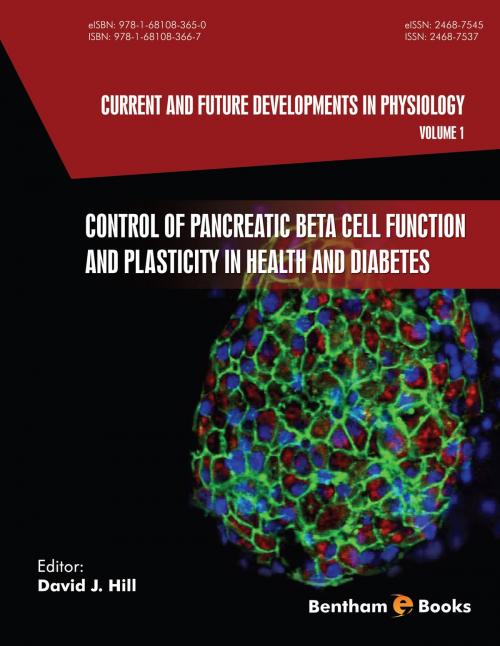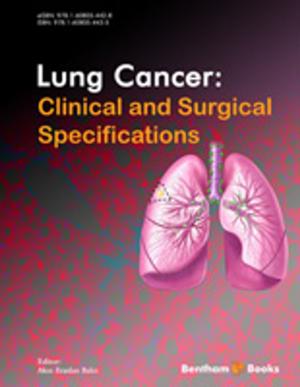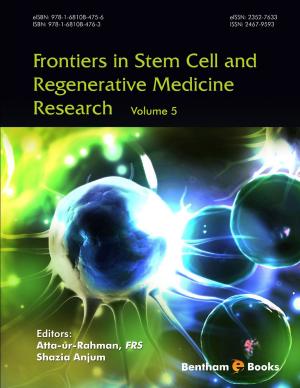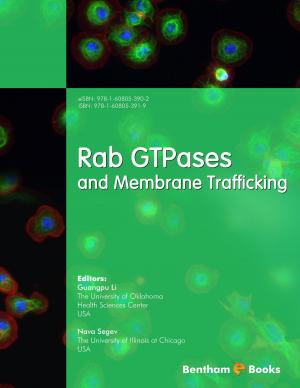| Author: | David J. Hill | ISBN: | 9781681083650 |
| Publisher: | Bentham Science Publishers | Publication: | December 2, 2016 |
| Imprint: | Language: | English |
| Author: | David J. Hill |
| ISBN: | 9781681083650 |
| Publisher: | Bentham Science Publishers |
| Publication: | December 2, 2016 |
| Imprint: | |
| Language: | English |
Plasticity in insulin-producing cells (?-cells) of the pancreas is a major contributor to metabolic control. Targeted regeneration of pancreatic ?-cells for the reversal of diabetes (by optimizing ?-cells mass and proliferation to meet metabolic requirements and counter autoimmune response) is still a theoretical intervention. This monograph reviews the biology, ontogeny, capabilities, and present practical limitations of ?-cell plasticity. Relevant biochemical pathways are described with the inclusion of information about how they change with aging, during pregnancy, and with diet. Readers will learn the following key aspects about ?-cell plasticity: -current knowledge of pancreatic ?-cells development, and how ?-cell mass and proliferation change throughout the human lifespan -the mechanisms responsible for ?-cell plasticity, based on animal models and clinical studies revealing environmental, epigenetic, endocrine and paracrine regulators -the therapeutic potential of resident stem cells within the pancreas / bone marrow and ?-cell progenitors This monograph is essential reading for researchers interested in updated knowledge about the molecular and cellular biology of ?-cells in the quest to find a reliable therapy for diabetes.
Plasticity in insulin-producing cells (?-cells) of the pancreas is a major contributor to metabolic control. Targeted regeneration of pancreatic ?-cells for the reversal of diabetes (by optimizing ?-cells mass and proliferation to meet metabolic requirements and counter autoimmune response) is still a theoretical intervention. This monograph reviews the biology, ontogeny, capabilities, and present practical limitations of ?-cell plasticity. Relevant biochemical pathways are described with the inclusion of information about how they change with aging, during pregnancy, and with diet. Readers will learn the following key aspects about ?-cell plasticity: -current knowledge of pancreatic ?-cells development, and how ?-cell mass and proliferation change throughout the human lifespan -the mechanisms responsible for ?-cell plasticity, based on animal models and clinical studies revealing environmental, epigenetic, endocrine and paracrine regulators -the therapeutic potential of resident stem cells within the pancreas / bone marrow and ?-cell progenitors This monograph is essential reading for researchers interested in updated knowledge about the molecular and cellular biology of ?-cells in the quest to find a reliable therapy for diabetes.















